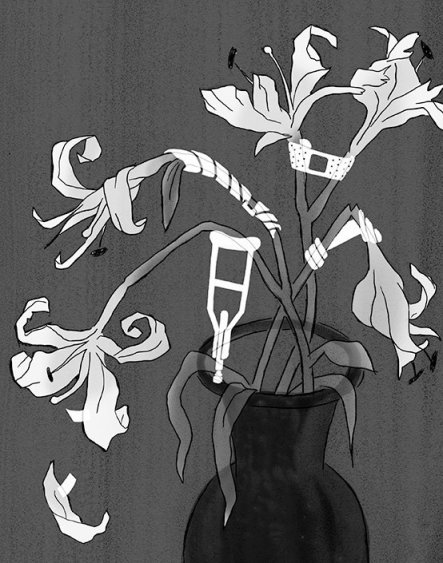 {abstract: My point in this post is pretty simple. Christians seek radical end-of-life care dramatically more than non-religious people, and this accounts for a huge portion of American Health Care cost. In this piece, I ask if this drove prices up, therefore creating the situation where, ironically, Obamacare (a policy Evangelicals widely despise) was necessary.}
{abstract: My point in this post is pretty simple. Christians seek radical end-of-life care dramatically more than non-religious people, and this accounts for a huge portion of American Health Care cost. In this piece, I ask if this drove prices up, therefore creating the situation where, ironically, Obamacare (a policy Evangelicals widely despise) was necessary.}
I wrote a while ago about my own current preoccupation with my fear of death. It caused me to read several related things, including the amazing book, The Art of Dying. In it, Rob Moll carefully helps guide Christians back toward embracing death for what it is: our greatest enemy, yes, but an enemy whose sting has been turned into a doorway to Glory Itself.
And so, as the horror-turned-beauty that Death is, the book encourages us to spend our energy preparing for Death more than avoiding it. He encourages Christians to recapture the doctrine of the “good death”.
And yet, it seems that American Christians are prone to do everything but that.
Moll talks of a study published in the Journal of the American Medical Association that found that Christians were three times more likely than those without religious faith to pursue aggressive end-of-life care, even though they fully understood they were dying and that the treatments would most likely not add any time to their lives.
One researcher told Moll, “patients who received outside clergy visits had worse quality of death scores than those who did not.” And if you have problems with this particular study, know that the book is full of research, studies, and interviews that lay out the pretty clear case that American Evangelicalism widely avoids preparing for death.
Now, we can talk about why this is and whether or not this is a sound Christianly posture another day (I happen to think it is not). Hopefully I’ll write a full review of the book in the weeks ahead. Today, though, I wanted to point out a huge irony this made me think of.
Continue reading